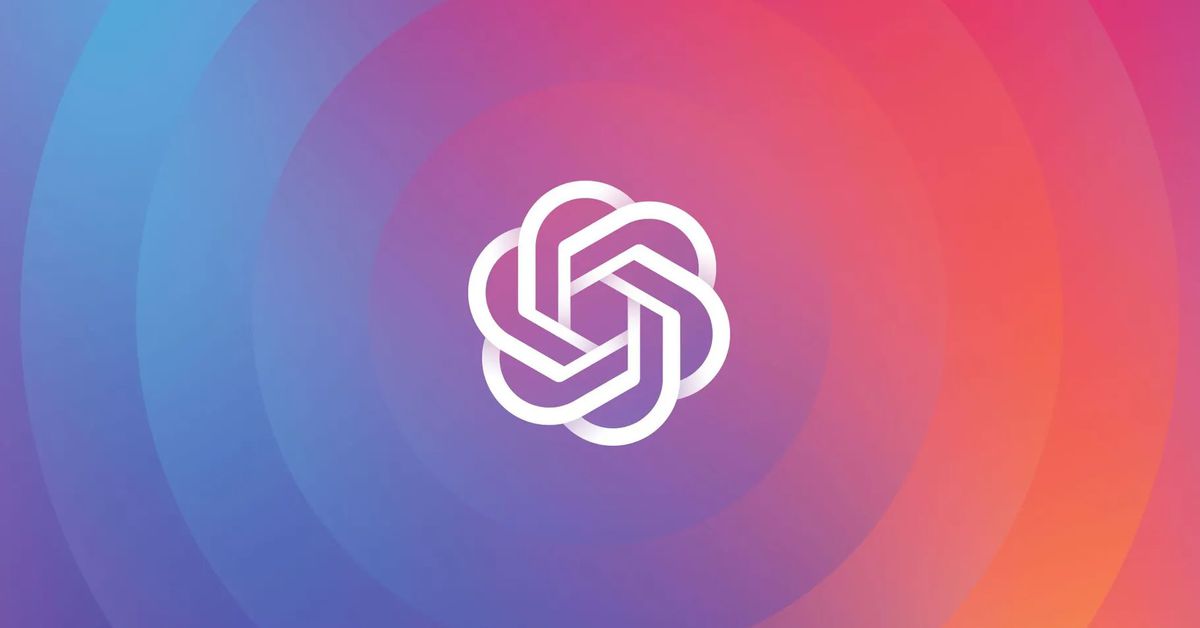OpenAI has publicly responded to a copyright lawsuit by The New York Times, calling the case “without merit” and saying it still hoped for a partnership with the media outlet.
In a blog post, OpenAI said the Times “is not telling the full story.” It took particular issue with claims that its ChatGPT AI tool reproduced Times stories verbatim, arguing that the Times had manipulated prompts to include regurgitated excerpts of articles. “Even when using such prompts, our models don’t typically behave the way The New York Times insinuates, which suggests they either instructed the model to regurgitate or cherry-picked their examples from many attempts,” OpenAI said.
OpenAI claims it’s attempted to reduce regurgitation from its large language models and that the Times refused to share examples of this reproduction before filing the lawsuit. It said the verbatim examples “appear to be from year-old articles that have proliferated on multiple third-party websites.” The company did admit that it took down a ChatGPT feature, called Browse, that unintentionally reproduced content.



I wonder how far “ai is regurgitating existing articles” vs “infinite monkeys on a keyboard will go”. This isn’t at you personally, your comment just reminded me of this for some reason
Have you seen library of babel? Heres your comment in the library, which has existed well before you ever typed it (excluding punctuation)
https://libraryofbabel.info/bookmark.cgi?ygsk_iv_cyquqwruq342
If all text that can ever exist, already exists, how can any single person own a specific combination of letters?
Fortunately copyright depends on publication, so the text simply pre-existing somewhere won’t ruin everything.
Unless you don’t like copyright, in which case it’s “unfortunately.”
They don’t own it, they just own exclusive rights to make copies. If you reach the exact same output without making a copy then you’re in the clear.